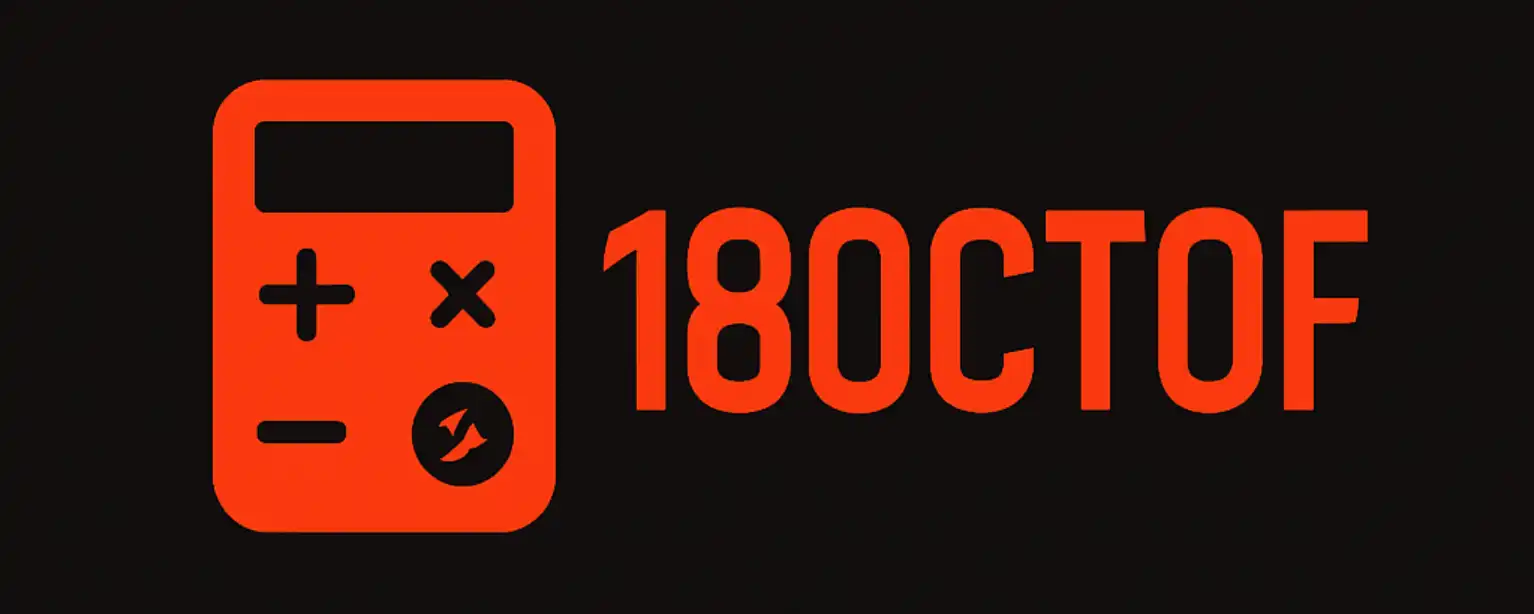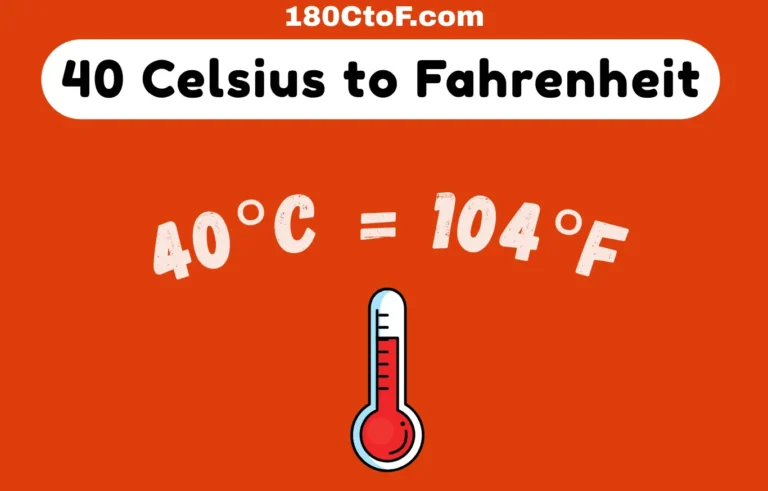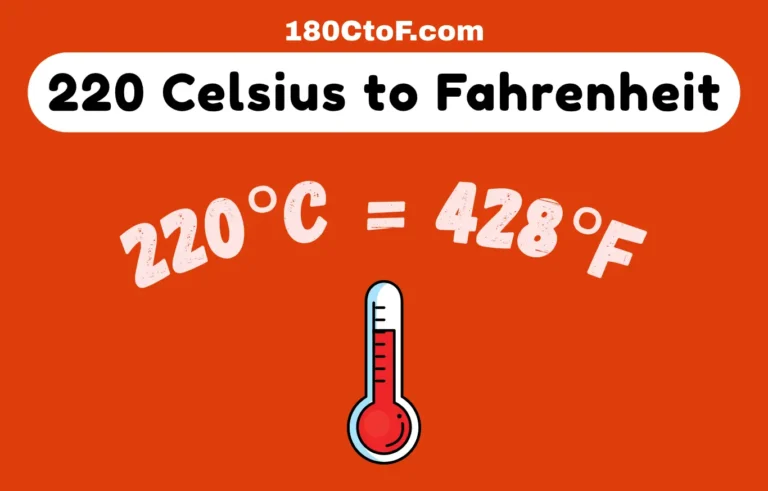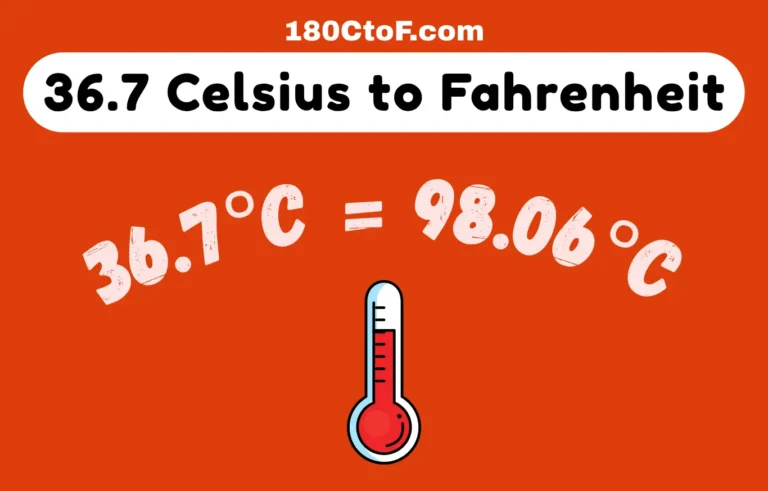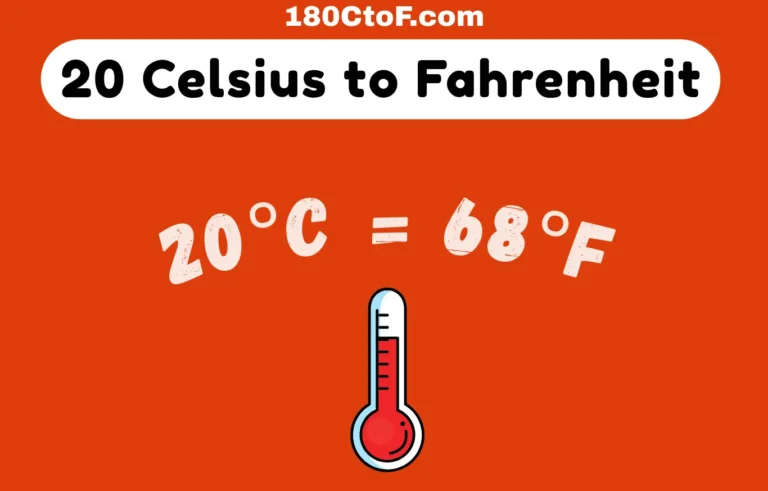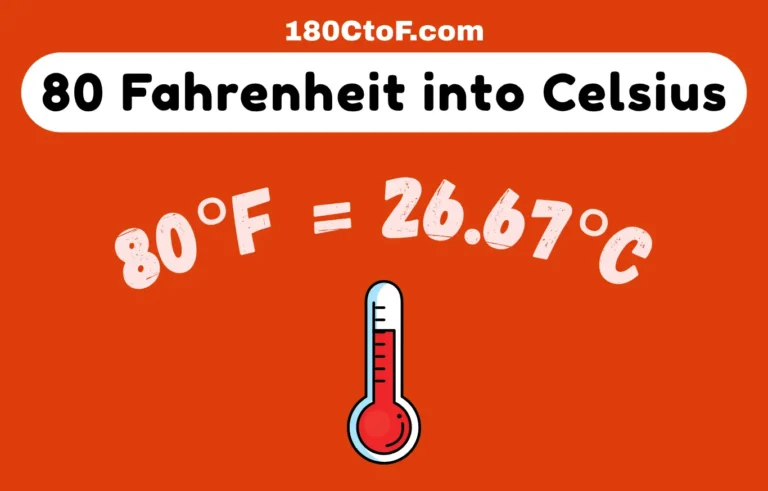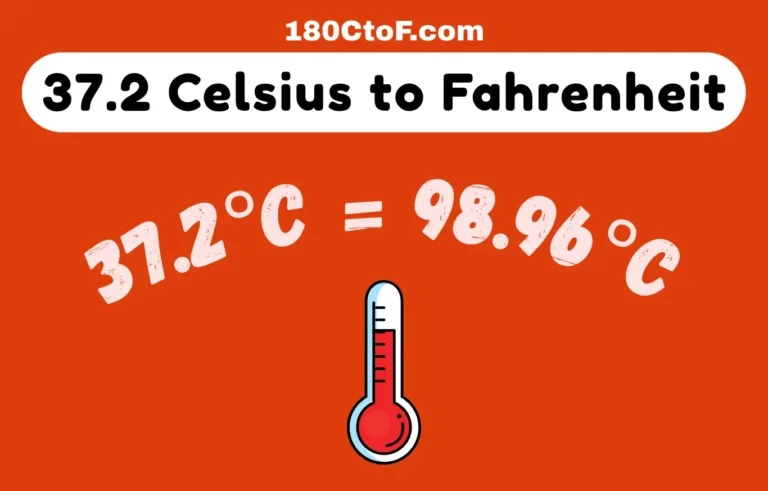How to Convert 36.6 C to F: Quick Conversion
You see 36.6 °C on a device or label! But you’re not sure what that means in Fahrenheit. Whether it’s a thermostat, weather app, oven setting, or scientific reading, that number can feel meaningless without the right context.
Many people struggle with Celsius to Fahrenheit conversions, especially in countries where Fahrenheit is the standard. It’s frustrating when you just want a quick answer without doing too much.
This guide will make it simple. We’ll show you exactly what 36.6 C equals in Fahrenheit, how to convert it yourself, and when this number shows up in real-life situations like travel, cooking, and science.
Smart 36.6 Celsius to Fahrenheit Calculator
Not in the mood for formulas? Let this smart calculator do the work for you! just type 36.6 and see the instant result in Fahrenheit.
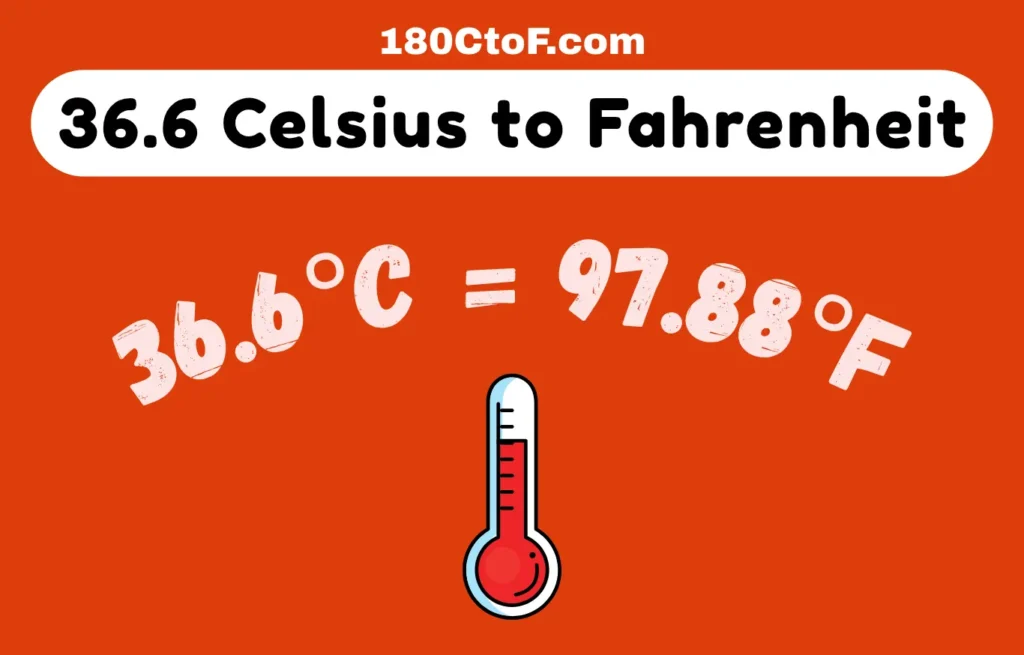
How to Use the 36.6 Degrees C to F Conversion Tool
Using the above converter is as simple as turning on your phone:
- Type 36.6 into the Celsius
- Instantly view the result: 36.6 C = 97.88 F
When you’re baking, checking room temperature, or working on a school project, this tool saves you time and effort. Visit here for more related conversions: 180 Celsius to Fahrenheit
Celsius vs. Fahrenheit – What’s the Difference?
The Celsius scale (°C) is used worldwide, while the Fahrenheit scale (°F) is used mainly in the United States and a few Caribbean nations.
Here’s a quick comparison:
Feature
Celsius (°C)
Fahrenheit (°F)
Water Freezes At
0°C
32°F
Water Boils At
100°C
212°F
Used In
Global
US, Belize, etc.
Scientific Standard?
Yes
No
For a more detailed guide about it, visit here: https://180ctof.com/convert-celsius-to-fahrenheit/
How to Convert 36.6 Celsius to Fahrenheit – Formula
Want to know how 36.6 °C converts to Fahrenheit without using a tool? Here’s the standard method used in science, education, weather apps, and even kitchen thermometers:
The Formula:
- F = (°C × 9/5) + 32
For 36.6°C:
- = (36.6 × 9 ÷ 5) + 32
- = 65.88 + 32
- = 97.88°F
So, 36.6°C is exactly 97.88°F.
Where You’ll See This Formula in Action
- Weather Apps: International forecasts often need this to display dual units
- School Assignments: Science students frequently solve these in chemistry or physics
- Cooking Guides: European oven temps in Celsius are often converted to Fahrenheit for U.S. readers
- Industrial Thermometers: Factory calibrations often require switching between scales

Reverse Calculation: Convert 97.88 Fahrenheit to Celsius
If you already have the temperature in Fahrenheit and want to convert it back to Celsius, use this formula:
Fahrenheit to Celsius Formula:
- °C = (°F − 32) × 5/9
Example: Convert 97.88°F to Celsius
Let’s use the reverse formula to confirm that 97.88°F equals 36.6°C.
- Step 1: Write the formula
- C = (°F − 32) × 5/9
- Step 2: Insert the Fahrenheit value
- C = (97.88 − 32) × 5/9
- Step 3: Solve step by step.
- 97.88 − 32 = 65.88
- 65.88 × 5 = 329.4
- 329.4 ÷ 9 = 36.6
- Answer: 97.88°F = 36.6°C
This reverse method is beneficial if you’re dealing with U.S. devices or measurements and need to convert values back to the Celsius scale. If you’re looking to compare with a cooler environment or room temperature, you might also find it useful to check the conversion for 30°C to Fahrenheit.
Celsius to Fahrenheit Conversion Chart Around 36.6°C
Need a quick reference for temperature values near 36.6°C? This table lets you easily compare Celsius values from 36.5 to 37.5 and Fahrenheit readings.
Celsius (°C)
Fahrenheit (°F)
36.5
302 °F
160 °C
320 °F
170 °C
338 °F
180 °C
356 °F
190 °C
374 °F
200 °C
392 °F
210 °C
410 °F
220 °C
428 °F
230 °C
446 °F
240 °C
464 °F
250 °C
482 °F
260 °C
500 °F
Understanding 36.6 °C as a Body Temperature
A body temperature of 36.6 °C to 97.88 °F is widely recognized as part of the normal physiological range for healthy individuals. While 37 °C is commonly referred to as “average,” temperatures between 36.1 °C and 37.2 °C are typically considered normal, depending on the individual and the method of measurement.
Factors such as time of day, activity level, age, stress, hormone cycles, and even climate conditions can naturally cause slight fluctuations in body temperature. For example, morning readings are often a bit lower, while temperatures can rise slightly in the evening or after exercise.
In most clinical and everyday settings, a reading of 36.6°C does not indicate fever or illness. It simply reflects a balanced, regulated body system functioning within its natural limits. While 36.6°C is often considered a typical body temperature, nearby values, such as 36.5°C to Fahrenheit, 36.7°C to Fahrenheit, or 36.8°C to Fahrenheit, are also quite common in medical readings.
Normal Body Temperature Ranges
Measurement Method
Normal Range (°C)
Normal Range (°F)
Oral (mouth)
36.1–37.2
97.0°F–99.0°F
Axillary (underarm)
35.9–37.0
96.6°F–98.6°F
Rectal (rectum)
36.6–38.0
97.9°F–100.4°F
Tympanic (ear)
35.8–38.0
96.4°F–100.4°F
Temporal (forehead)
36.1–37.3
97.0F–99.11°F
Frequently Asked Questions (FAQs)

Heather M. Archambault
Heather M. Archambault, PhD, is a meteorologist and research scientist with decades of experience in atmospheric science and climate modeling. As the founder of 180 C to F, she brings scientific accuracy to every temperature conversion tool and guide. Her mission is to make complex temperature concepts clear and accessible to all.
